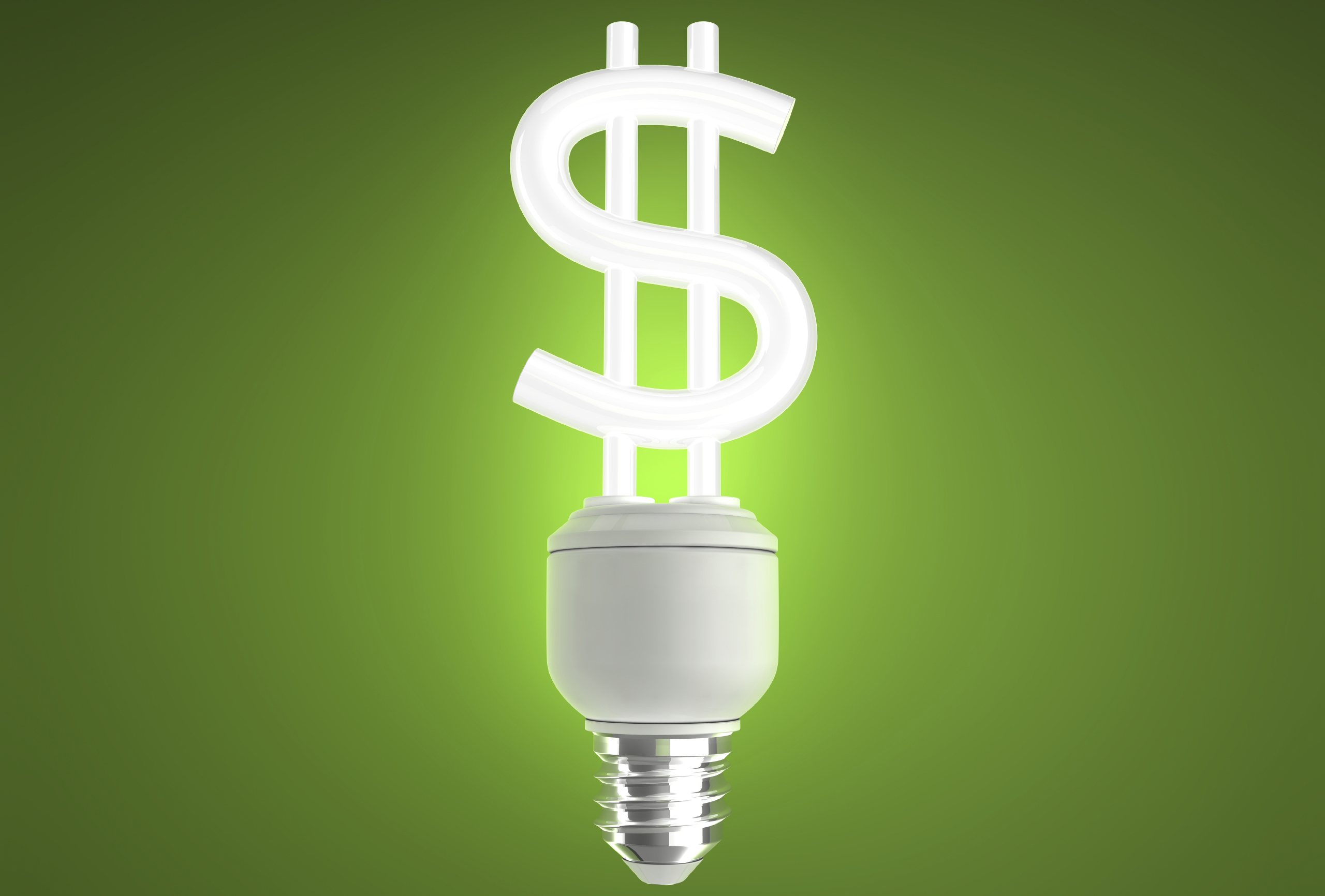RIO DE JANEIRO, BRAZIL – The agreement between the United States and the European Union will keep LNG (liquefied natural gas) prices high for the next years and may impact the price of electricity in Brazil, according to consultants. Brazil imports LNG from the USA and uses this gas as fuel for thermoelectric plants.
Sector specialists project that the value of LNG will remain at the current level, in the range of US$20 per million BTU, until at least 2028. That is double the average of the first half of 2021. In January of this year, the price reached US$30 per million BTU – and at the start of the Ukraine war, it marked US$65 per million BTU.
On Friday, the US pledged to supply at least 15 million cubic meters of gas by the end of the year to the European Union to reduce European countries’ energy dependence on Russia, responsible for supplying 40% of the gas consumed by the bloc. The agreement foresees increasing volumes until 2030.

According to Mauro Chavez, director of gas and LNG in Europe at consultancy Wood Mackenzie, despite the agreement, gas prices will remain high in the coming years with the uncertainties of the conflict involving Ukraine and Russia. For him, the rise occurred at a time of high LNG imports in Brazil, which went through the biggest water crisis in Brazil in the last 91 years.
“Prices will remain high, which is bad for Brazil because if we have another drought, we will need to continue buying more LNG to supply the thermal plants. This scenario of high prices will be reflected in the value of electricity paid by Brazilians,” said Chavez.
According to Petrobras, LNG accounts for about 27% of Brazil’s gas supply. It is similar to the level imported by Bolivia. The remainder comes from domestic production. In 2021, 93% of the LNG imported by Brazil came from the USA, according to the Gas Energy consultancy.
However, Chavez does not believe in a lack of gas in the international market. For him, the main reflection will be the higher price. Chavez pointed out that the United States, Qatar, and Australia, the three largest LNG exporters globally, have been expanding and accelerating investments in terminals to export liquefied gas.
Rivaldo Moreira, president of the Gas Energy consulting company, said that the United States could meet this agreement with Europe due to investments that have been made in the sector. Therefore, he doesn’t believe in a lack of gas for Brazil. According to him, the problem is not the supply of gas but the disorganization of the supply chain with the embargoes to Russia.
“Brazil imports LNG cargoes when it needs them. And we will see many countries that are more dependent on gas in the world looking to contract for the medium and long term, and this will reduce the supply of LNG in the spot [free] market. There will be more competition to count on the maximum amount of LNG in the coming years. And if we have a new hydro crisis, Brazil will have more difficulty,” said Moreira.
Moreira also said that the current crisis shows that there will be more incentive to invest in gas in the USA and, consequently, worldwide, as in other countries such as Qatar, Egypt, and Australia.
“Those who have reserves will explore. The capital that was afraid to finance this advance will now have a perfect investment scenario because all countries want to guarantee energy security.
According to the Brazilian Foreign Trade Association (AEB), the volume of LNG imports rose 42% in the first two months of this year, compared to the same period last year.
The specialist Bruno Armbrust, partner at ARM Consultoria, said that Brazil and the Latin American countries tend to be no longer a priority in the LNG sales route from the USA. According to him, the countries of Europe have a great capacity to regasify this liquid gas.
“Europe will take advantage of this to increase its gas storage level and protect itself from eventual problems. We will see an increase in the spot market price in the next few days because the supply will not rise so fast.
According to him, Brazil needs to worry about this scenario of high LNG because in April, the country enters the so-called dry period, and the level of the reservoirs may fall again.
“Today, we are in a good situation because there has been rainfall. But in April we are going to use the reservoir water? We need planning as is being done now by Europe,” said Armbrust.

